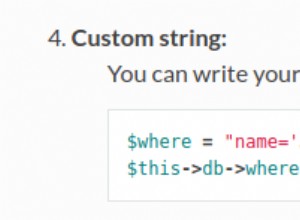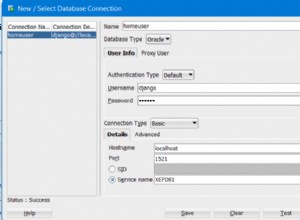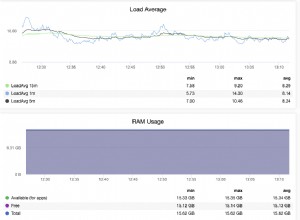Secondo lo snippet di codice dalla fonte PostgreSQL, copy.c :
/* Process \n */
if (c == '\n' && (!cstate->csv_mode || !in_quote))
{
if (cstate->eol_type == EOL_CR || cstate->eol_type == EOL_CRNL)
ereport(ERROR,
(errcode(ERRCODE_BAD_COPY_FILE_FORMAT),
!cstate->csv_mode ?
errmsg("literal newline found in data") :
errmsg("unquoted newline found in data"),
!cstate->csv_mode ?
errhint("Use \"\\n\" to represent newline.") :
errhint("Use quoted CSV field to represent newline.")));
cstate->eol_type = EOL_NL; /* in case not set yet */
/* If reach here, we have found the line terminator */
break;
}
significa che i tuoi dati di input stanno usando il byte 0x0A da qualche parte all'interno delle tue stringhe, ad es. usi "abcNxyz" , dove invece di N in realtà c'è un byte con valore 0x0A .
La soluzione è usare la stringa "abc\n" invece. Dovresti essere in grado di trovare tutte le nuove righe spurie e sostituirle con \n usando qualche script, magari Python o Perl.




